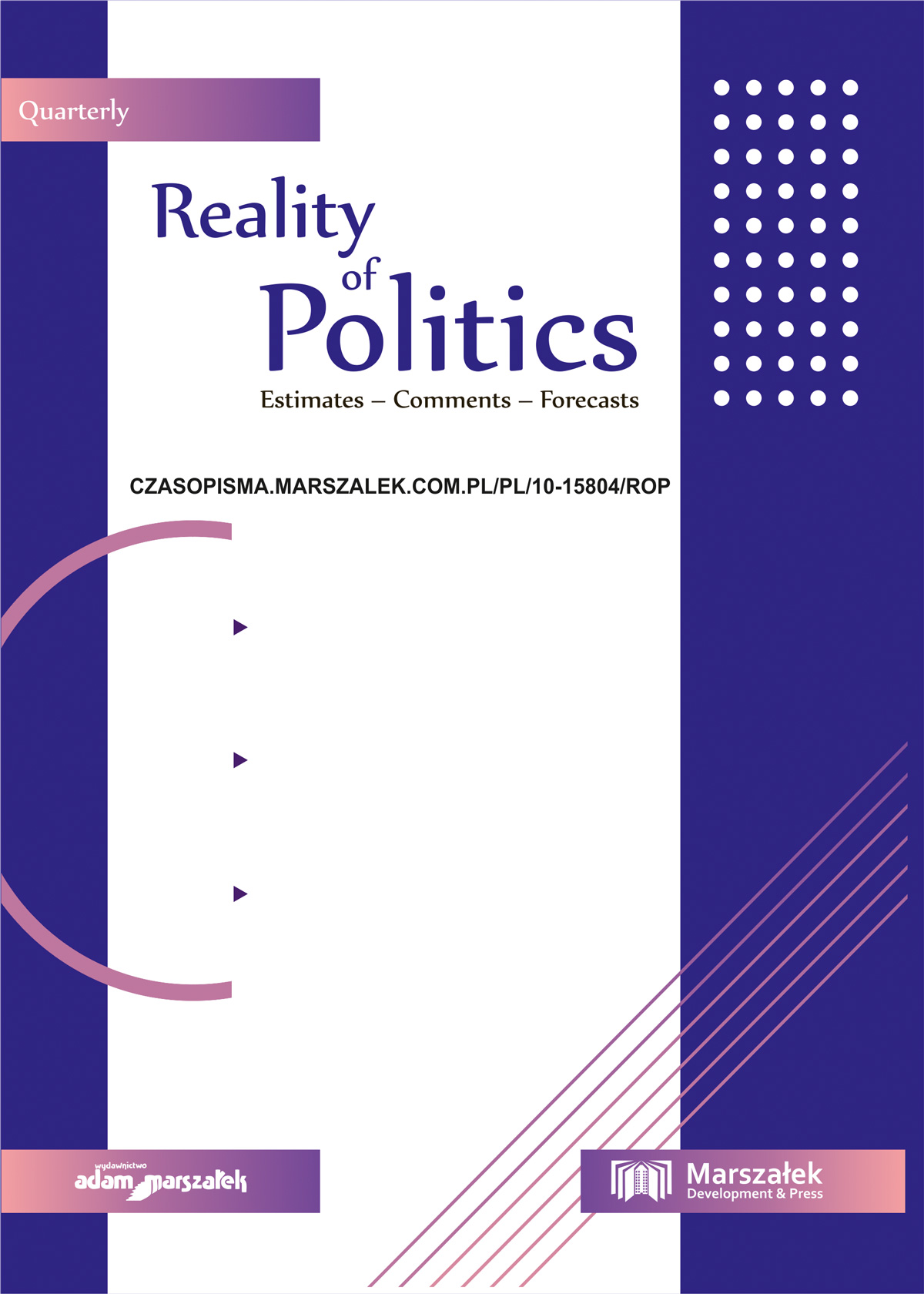DUAL NORMATIVE AND PREROGATIVE STATE: HUMAN RIGHTS AFTER 1989 IN POLAND
DUAL NORMATIVE AND PREROGATIVE STATE: HUMAN RIGHTS AFTER 1989 IN POLAND
Author(s): Laura KobaSubject(s): Human Rights and Humanitarian Law, Politics and society
Published by: Wydawnictwo Adam Marszałek
Keywords: Human rights; transformation; anomie; normative state; prerogative state;
Summary/Abstract: The changes that have taken place in Poland since 1989 reveal real problems whose solution depends on civic awareness, i.e. on understanding what a democratic legal state is and what role human rights play in it. Given the threats posed by various populisms, also the manipulation of the concepts of: nation, homeland, citizen, patriot, common good, etc., society may not notice how the normative state is turning into a prerogative state. An important role is played by knowledge and understanding of the provisions of the Constitution of the Republic of Poland of 2 April 1997, not only by lawyers, but by the whole of society and, perhaps above all, by the various levels of power, both legislative, executive and judicial. This also applies to local authorities, economic and social entities. Universal civic education and the everyday practice of democracy and human rights are essential. Over the past thirty-five years, there has been a slow change in the mentality of Poles, especially among the younger generation. People born in European Poland support a civil state in which human rights are respected. Paradoxically, the last eight years of PiS rule have contributed to an awareness of the role of law, including human rights, and a willingness to learn about the Constitution of the Republic of Poland. It is also important that the language of a democratic rule of law is back on track.
Journal: Reality of Politics. Estimates - Comments - Forecasts
- Issue Year: 27/2024
- Issue No: 1
- Page Range: 61-75
- Page Count: 15
- Language: English

